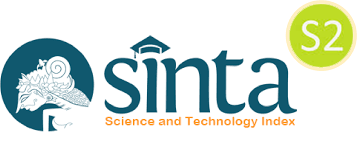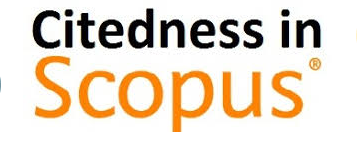Comparative Law in Asia: The Case for Intra-Asia Intensification
DOI:
https://doi.org/10.18196/iclr.1101Abstract
I would like to thank the organiser for inviting me to participate in this important conference – the ASIAN Conference on Comparative Law 2018 – with the theme “Comparative law and Legal Culture in Asia”. This conference is certainly timely considering what is happening around us on the world stage. One inference that we could make from Brexit (namely the success of the referendum for United Kingdom to leave the European Union) and the support received by the far right populist political parties in Europe, (such as the National Front in France) is that nationalism is on the rise. Of course, nationalism helps the creation of states in the first place and thus is not necessarily a terrible thing. Moreover, nationalism could be used to harness unity and cohesiveness in a nation in order to be a developed country, so that the agenda for development could be executed and achieved. However, the language of nationalism that one could hear from some parts of the world is about superiority and exclusion. Thus, a conference on Comparative Law is nothing but timely.
Downloads
Published
Issue
Section
License
By publishing with Indonesian Comparative Law Review, authors agree to the following terms:
1. Authors retain the copyright to their work and grant Indonesian Comparative Law Review the right of first publication, while also licensing the work under a Creative Commons Attribution License (CC BY 4.0). This license permits others to share the work, provided they acknowledge the author and the initial publication in this journal.
2. Authors may enter into separate agreements for non-exclusive distribution of the published version of their work, such as posting it to an institutional repository or including it in a book, with acknowledgement of its initial publication in this journal.
3. Authors are encouraged to share their work online, for example on institutional repositories or personal websites, both before and during the submission process. This practice can lead to productive exchanges and increased citation of published work.



